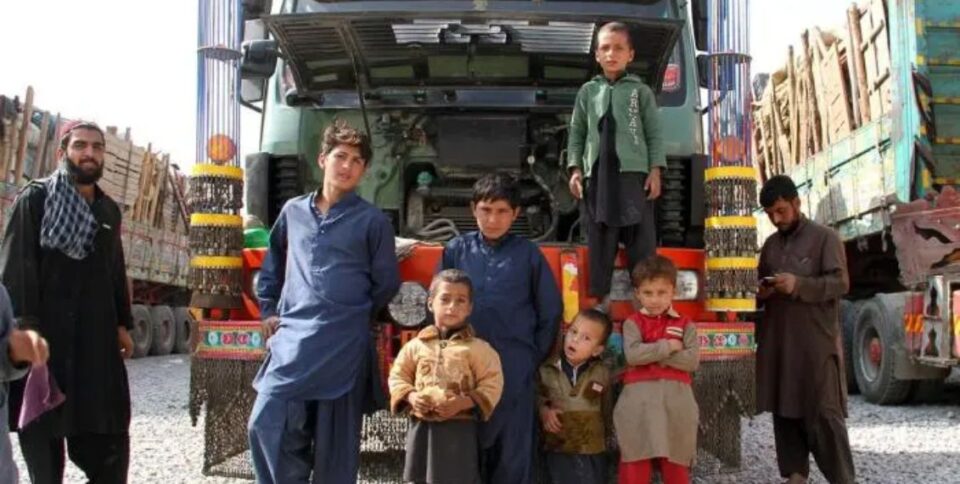Islamabad, September 5: Pakistani authorities have intensified the forced deportations of Afghan migrants following the expiration of the government’s August 31 deadline, leaving many long-time residents facing eviction and uncertainty, Tolo News reported.
Community representatives say the crackdown has caused widespread anxiety, particularly in Khyber Pakhtunkhwa, where many Afghan families have lived and worked for decades.
‘Escalated, Not Halted’
Mir Miakhil, a representative of Afghan migrants, told reporters that families who have been in Pakistan for nearly forty years were being uprooted with little time to prepare.
“At first, we appealed for more time, but the deportations have only escalated,” said Atiqullah Mansoor, another Afghan resident.
Several migrants have also complained that Pakistani authorities stopped renewing visas months ago, leaving many with no legal way to remain. “Afghan refugees are facing countless problems because visa renewals have been completely halted,” said Mohammad Reza Sazesh, one of the affected migrants.
Third Phase of Deportations Begins
While the government has not officially confirmed the start of the third phase of deportations, local media reports indicate that Islamabad aims to remove around 1.3 million Afghan migrants holding Proof of Registration (PoR) cards beginning September 1.
Pakistan’s Interior Ministry issued a directive stating:
“From now on, the presence of Afghan nationals without valid visas and passports in Pakistan is illegal, and they must be arrested and deported.”
The latest operations are gaining momentum in Khyber Pakhtunkhwa, following similar drives in Sindh and Punjab provinces.
Returnees Sent to Camps Amid Abuse Allegations
At the Omari Camp in Torkham township, authorities have set up temporary housing, medical clinics, and cash assistance for deported families. According to camp head Mohammad Hashim Maiwandwal, returnees receive 8,000–10,000 Afghanis, transport assistance, and basic healthcare.
However, many deported families—including those holding valid PoR cards—have accused Pakistani officials of harassment, bribe demands, and humiliation.
Ziaul Haq, one deportee, said, “We were happy to return to our homeland, but in Pakistan, Afghan refugees were treated without dignity.”
Another migrant, Inzamamul Haq from Kunar province, claimed his family was forced to pay 200,000 Pakistani rupees at a checkpoint before being deported, despite holding documents.
The crackdown comes as Afghanistan’s acting Foreign Minister is expected to visit Pakistan soon, likely putting the deportation issue on the diplomatic agenda. Rights activists have urged Islamabad to suspend the deportations until security and economic conditions in Afghanistan improve.

